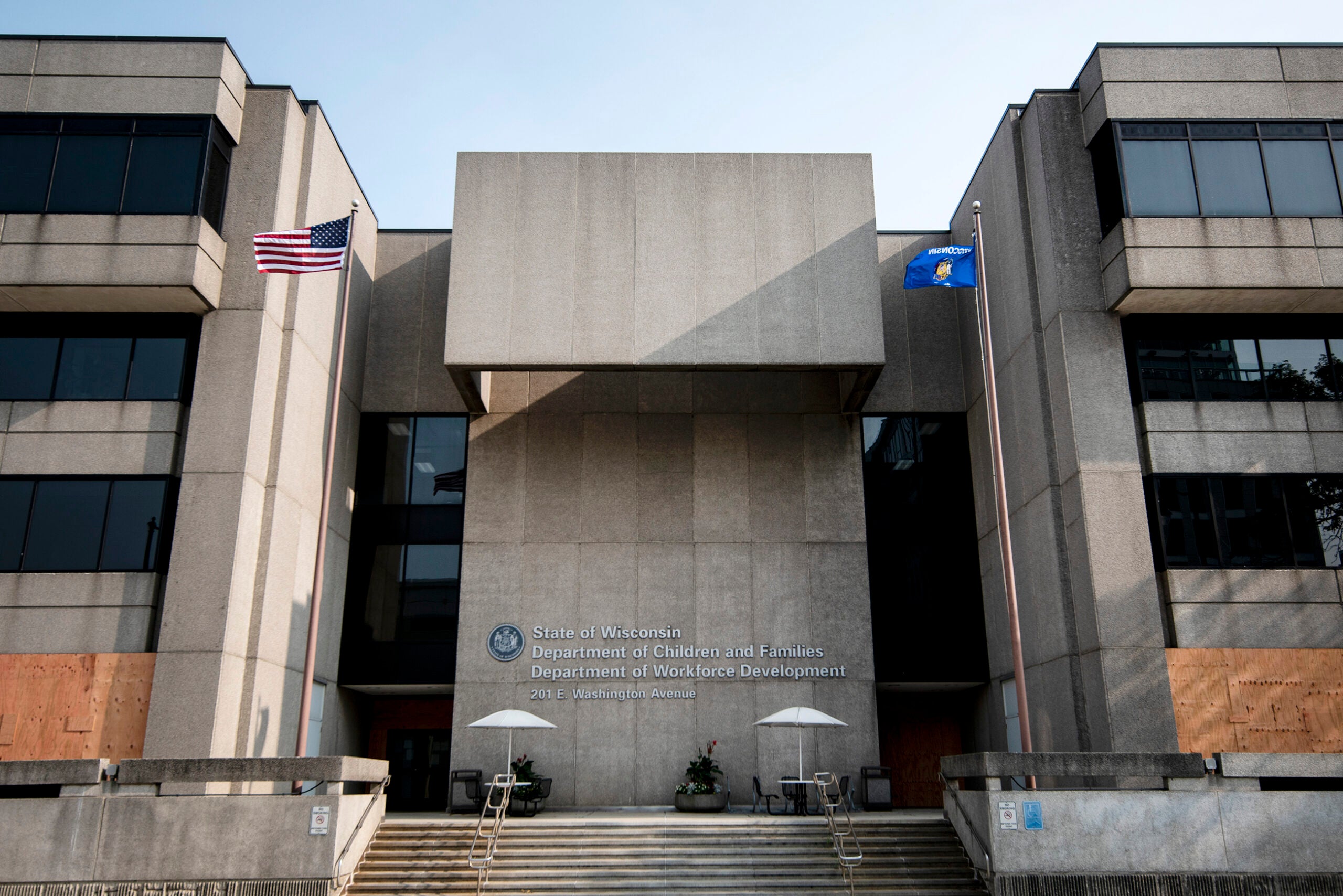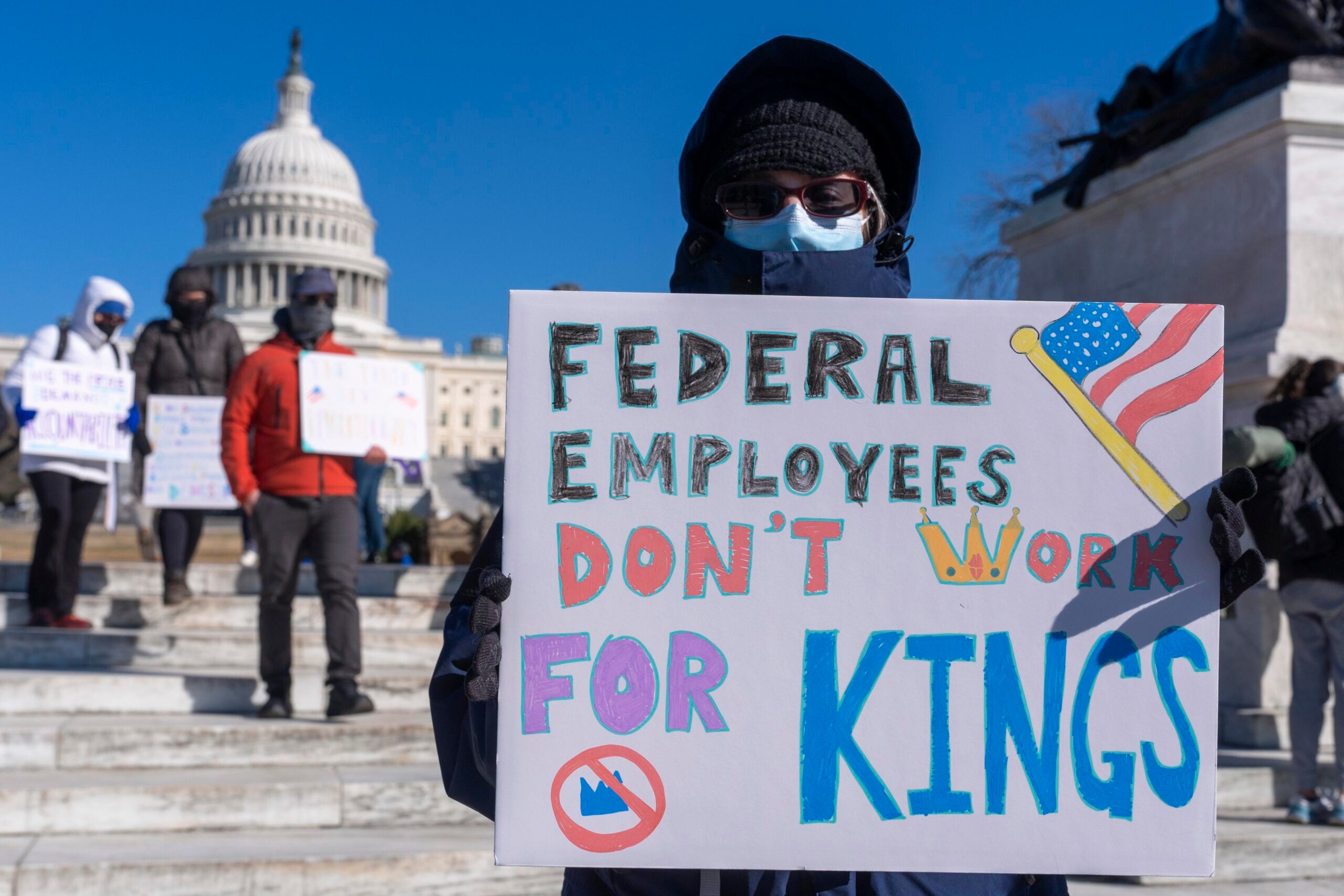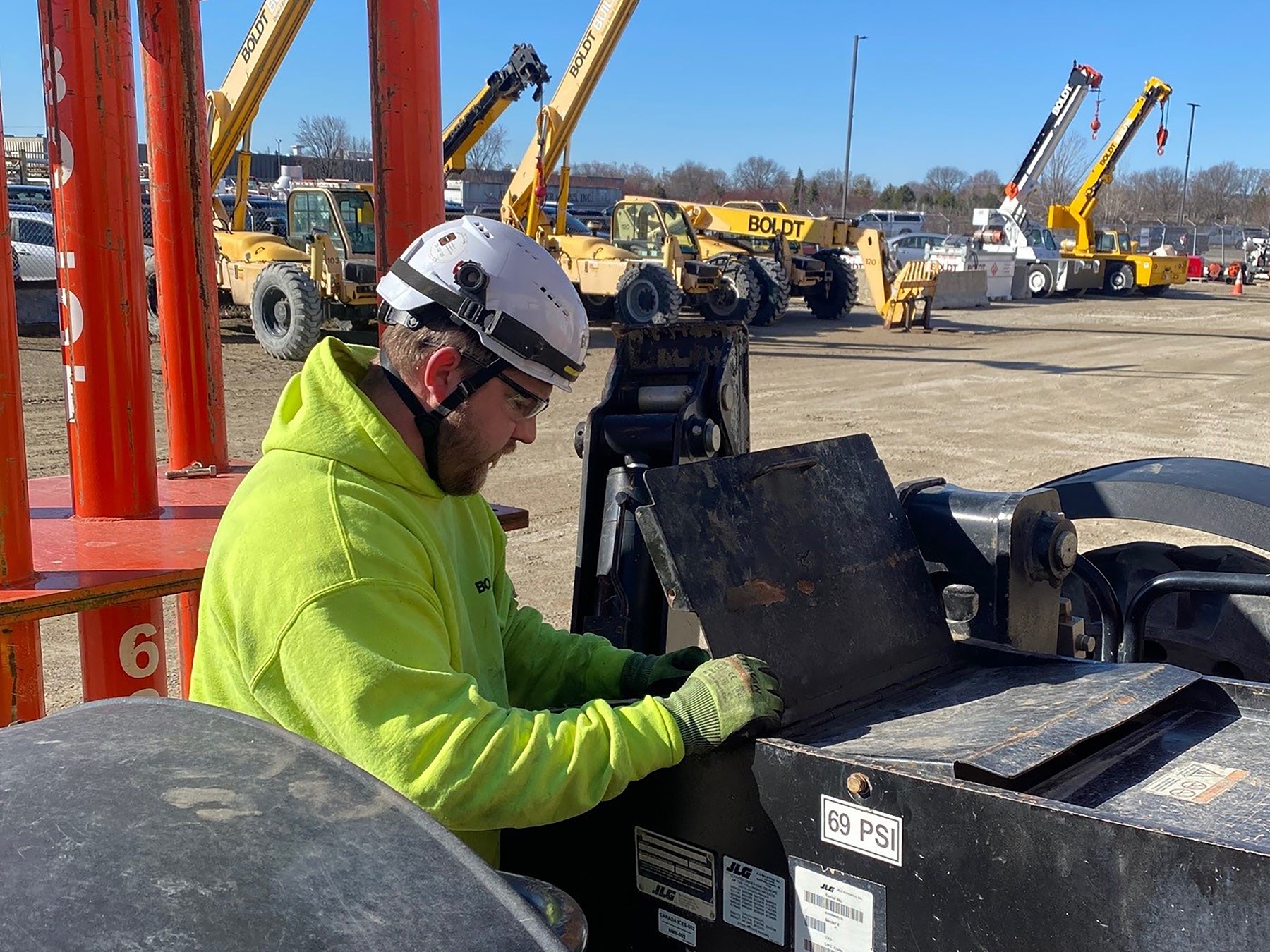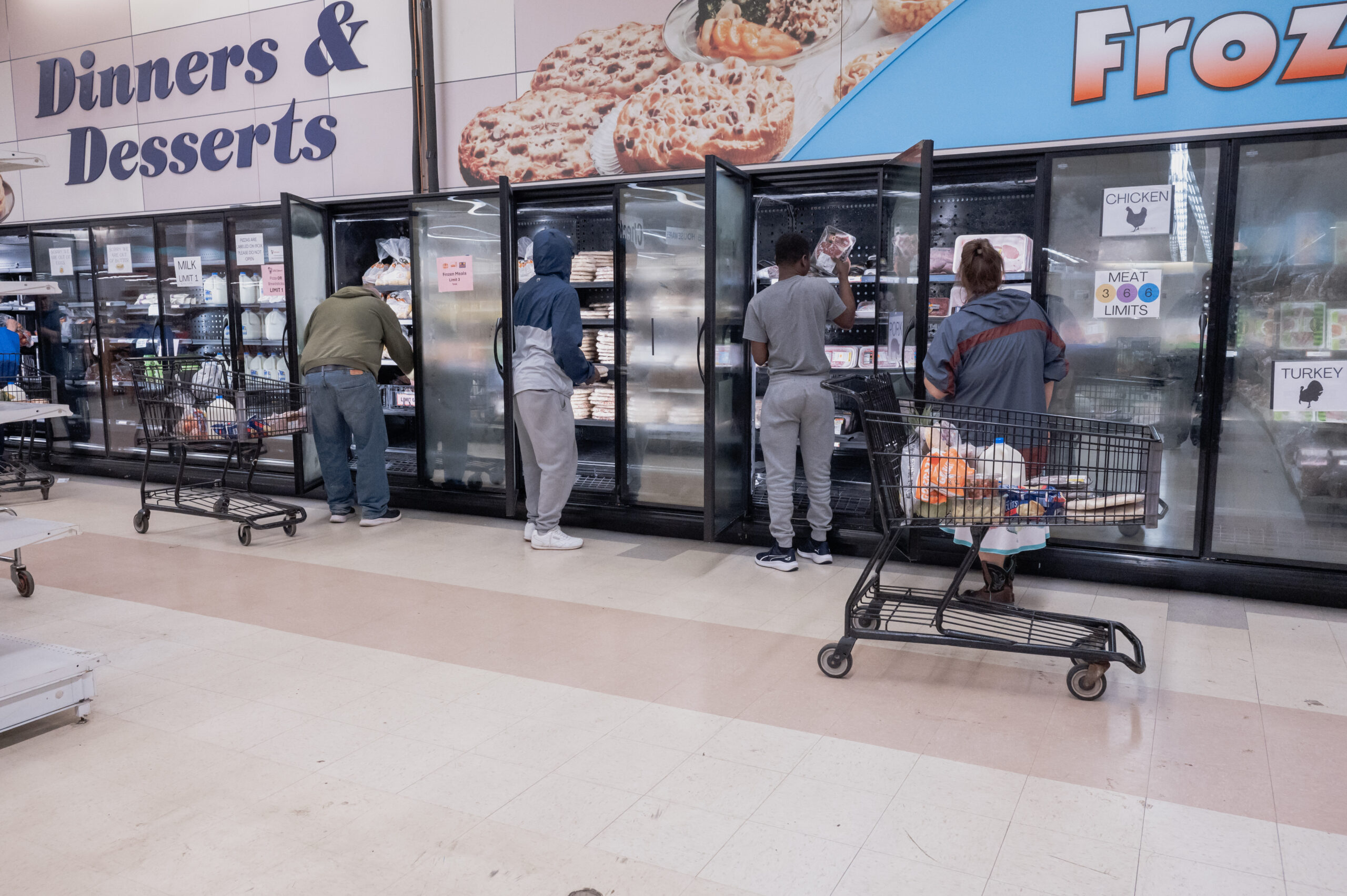Many pandemic unemployment programs are set to end in September. But for many people, life is still far from normal.
Ann Goldman, of La Crosse, has been a potter for 51 years. She said the cancellation of two art shows last year cost her about half of her usual income.
“A lot of things were shut down, and people were afraid to go out,” said Goldman. “This time, those of us who had problems with our income got help.”
Stay informed on the latest news
Sign up for WPR’s email newsletter.
Goldman submitted a question to WPR’s WHYsconsin about when pandemic unemployment benefits for the self-employed through the Pandemic Unemployment Assistance program are set to expire.
Goldman said the initial process to apply through the state Department of Workforce Development took six to eight weeks, but she said getting the financial help was “amazing” once benefits started coming in.
But Goldman said she isn’t sure how long that help is going to last.
“They don’t say anything about whether they’re going to totally cut off gig workers and self-employed, so I am hoping they aren’t going to do that,” said Goldman. “I mean, that’s still maybe only $190 a week, but it’s better than nothing.”
Goldman said the additional federal programs have helped supplement the income from her art work.
“I’m putting a lot of that kind of money aside … who knows what’s going to happen?” said Goldman. “I always keep saying, ‘They’re gonna pull me out of my studio feet first,’ but I certainly can’t do what I used to.”
Goldman said even this year art shows that would bring in money for herself and other artists are still up in the air.
“They still didn’t know what it was gonna be like this summer, so a lot of them got preemptively canceled,” said Goldman. “There are a lot of people out there that aren’t making the income that they should be making.”
Amy Pechahek, secretary of DWD, said an extension of pandemic unemployment benefits beyond Sept. 4 would depend on Congress.
“Unemployment compensation for the state of Wisconsin is a state benefit, which will always be in place,” said Pechahek. “The vast majority of all of the remaining federal programs … those are all coming to an end.”
That includes DWD’s $300 supplement to weekly unemployment benefits, made possible from federal COVID-19 relief funds. It also includes the program Goldman has relied on — allowing gig workers and self-employed people to receive unemployment.
Pechahek did say people would still be able to apply for benefits for the weeks they’re eligible for.
“We have asked to allow people under the Pandemic Unemployment Assistance to be able to apply up to 30 days after the expiration,” said Pechahek. “We’re still waiting to see if that will be allowed. That is a federal program, so we have to follow the federal rules.”
Pechahek said people who have applied and are still in the approval process come Sept. 4 would receive payments for eligible weeks “regardless of when that determination is made.”
“I would encourage anybody who feels that they may be eligible to apply, just so that we can ensure that they don’t miss an opportunity at some point several months down the road where, you know, they could have been eligible but now all of the timelines have expired,” said Pechahek.
WPR previously reported that DWD took criticism during the pandemic for slow approval times and unanswered unemployment calls, factors that led to former DWD Secretary Caleb Frostman’s resignation in September.
Pechahek said the various federal programs created “a very high level of confusion” for people looking to apply for unemployment during the pandemic.
“We put together frequently asked questions, we put together videos, just really did a full-blown marketing campaign to try and get as much information proactively out to individuals to explain to them sort of the nuances between the various programs,” said Pechahek.
Jennifer Sereno, communications director for DWD, said in an email that the department “appreciates the challenges this unprecedented pandemic has created.”
“We are continuing to upgrade our responsiveness through improved software and cloud-based solutions, additional hiring, training and redeployment of staff as well as plans to invest in comprehensive information technology infrastructure,” said Sereno.
The end of additional benefits would affect more than 9 million people across the country, in addition to the millions of people whose benefits ended prematurely. The U.S. House and Senate aren’t set to meet again until later next month after pandemic unemployment programs expire.





